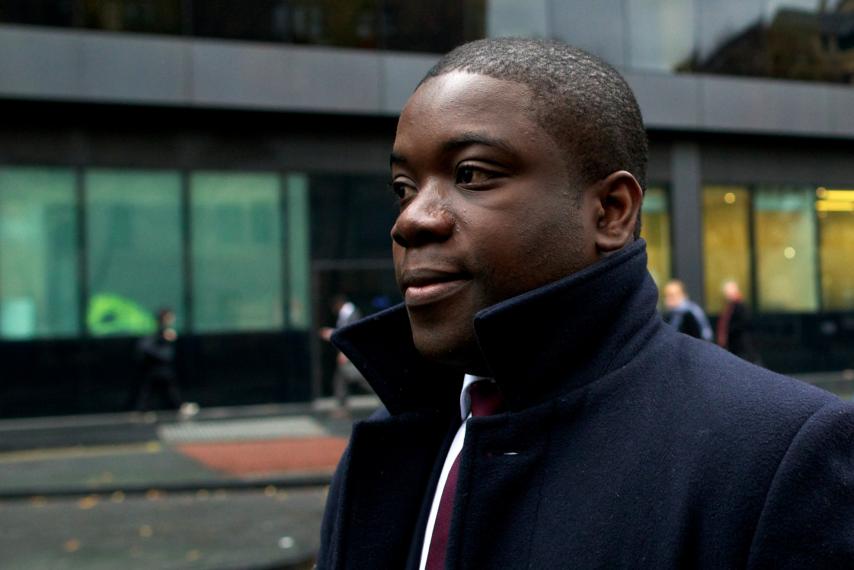
Kweku Adoboli, the ex-UBS trader jailed four years ago for the biggest fraud in British history, has said his crimes could be repeated as those working in the banking industry still faced the same pressure to make profits “no matter what”.
Adoboli, a senior trader on the Exchange Traded Funds (ETFs) desk at UBS’s investment banking arm in London, cost the Swiss bank $2.3 billion after trading far in excess of his authorized risk limits and making fictitious book entries to hide his true positions.
He was given a seven-year jail term and was released from prison earlier this year.
“I think it could absolutely happen again,” Adoboli, 36, told the BBC in a series of interviews broadcast on Monday. “Especially as we go into what could be the next phase of the great financial crisis over the next 12 to 18 to 24 months.”
During his trial Ghanaian-born Adoboli said everything he did was to make profits for UBS and was in line with the bank’s culture, but prosecutors accused him of playing God with UBS’s money in the belief that he had the magic touch, driven by a desire to be a star trader with a huge bonus to match.
Speaking to the BBC, he said traders in the industry were still facing the same dilemma of being under pressure to generate profits while minimising risk-taking.
“I think the young people I’ve spoken to, former colleagues I have spoken to, are still struggling with the same issues, the same conflicts, the same pressures to achieve no matter what,” he said.
Adoboli, who now speaks at conferences about banking compliance but is facing deportation from Britain, said the industry did learn from when things go wrong, blaming individuals rather than addressing the culture.
“If we as a society are more honest and the leaders of these institutions are more honest about culture and systemic risk then we might get a step close to fixing the root cause of the problem,” he said.
( Editing by Guy Faulconbridge)

